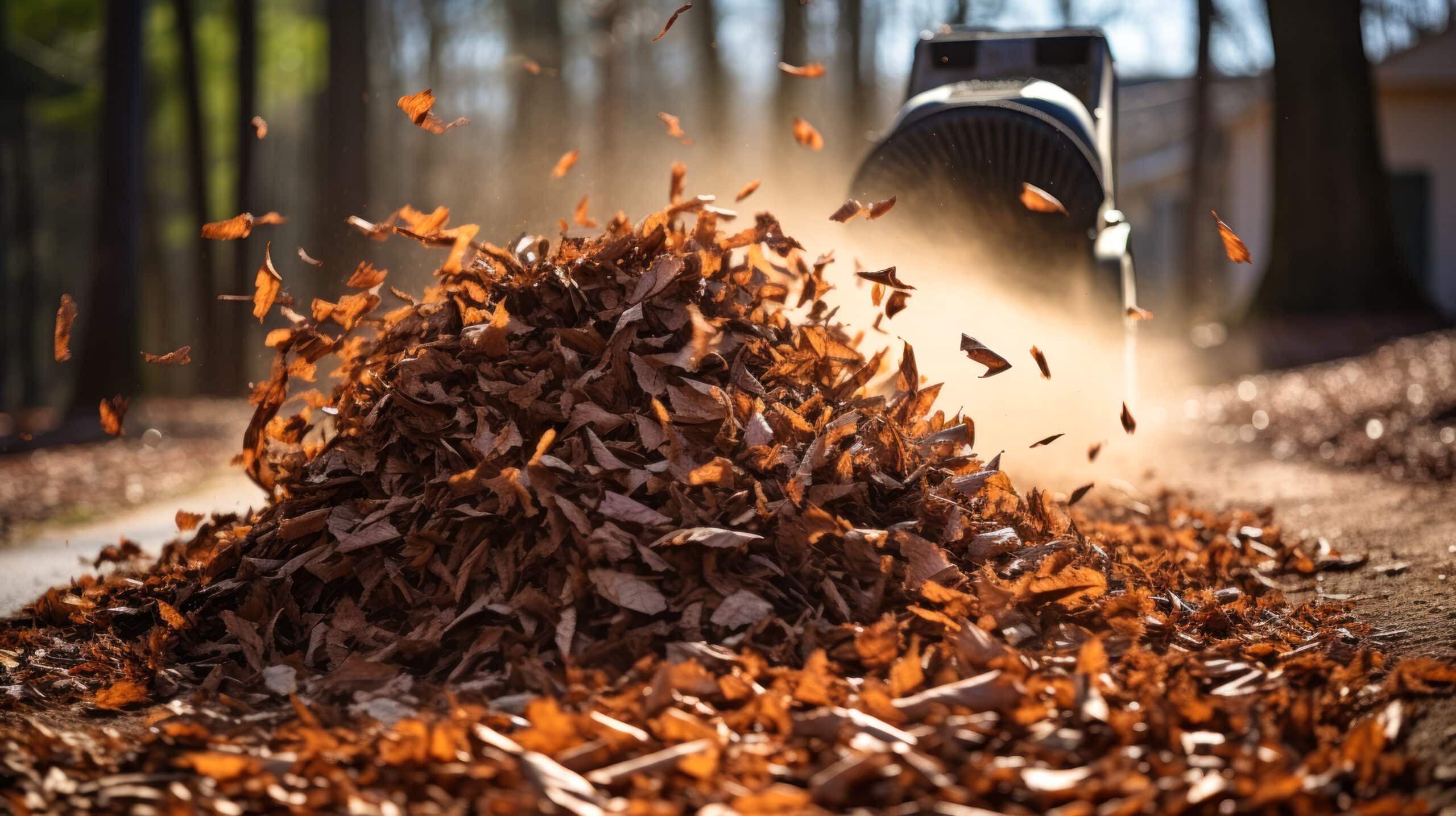Are Electric Leaf Blowers Less Noisy?
Key Takeaways
- Electric leaf blowers are generally considered quieter than gas leaf blowers, producing around 60-70 decibels of noise compared to over 80 decibels for gas leaf blowers.
- Electric leaf blowers offer several benefits such as being environmentally friendly, easy to use, low maintenance, and cost-effective.
- When using a leaf blower, it’s important to choose a model with a lower decibel rating, use ear protection, follow local noise regulations, and consider the time of use to minimize noise pollution.
When it comes to maintaining a tidy yard, leaf blowers have become an essential tool for many homeowners. They help to clear leaves, debris, and grass clippings quickly and efficiently. However, one common concern among users is the noise level produced by leaf blowers. In this article, we will explore the question: are electric leaf blowers less noisy than their gas-powered counterparts?
Electric Leaf Blowers – Quieter Operation
According to several reputable sources, electric leaf blowers are generally considered quieter than gas leaf blowers. The noise level produced by a leaf blower is measured in decibels (dB). Electric leaf blowers typically produce around 60-70 decibels of noise, while gas leaf blowers can generate over 80 decibels.
A study conducted by Garden Tool Expert found that electric leaf blowers emit noise levels between 65 and 70 decibels, which is comparable to the noise produced by a normal conversation. On the other hand, gas leaf blowers can reach noise levels in the range of 80 to 90 decibels, which is equivalent to the sound of a motorcycle or a busy city street.
The noise difference between electric and gas leaf blowers can be significant. Gas leaf blowers tend to be noisier, making them less ideal for use in noise-sensitive areas such as suburban neighborhoods or near schools.
Benefits of Electric Leaf Blowers
Aside from being quieter, electric leaf blowers offer several other benefits compared to their gas-powered counterparts:
- Environmentally Friendly: Electric leaf blowers produce zero emissions, making them more environmentally friendly. Gas-powered leaf blowers, on the other hand, contribute to air pollution and emit greenhouse gases.
- Easy to Use: Electric leaf blowers are generally lighter and easier to maneuver than gas leaf blowers. They are also easier to start, as they require a simple push of a button rather than pulling a cord.
- Low Maintenance: Electric leaf blowers do not require fuel mixing or regular maintenance like gas leaf blowers. They also don’t need oil changes or spark plug replacements.
- Cost-Effective: Electric leaf blowers are typically more affordable than gas leaf blowers. They also have lower operating costs since they don’t require fuel.
Considerations for Noise Reduction
While electric leaf blowers are generally quieter, it’s important to note that noise levels can still vary among different models and brands. Some electric leaf blowers may produce more noise than others, so it’s essential to choose a model that offers a lower decibel rating.
In addition to selecting a quieter leaf blower, there are a few other considerations to reduce noise pollution:
- Use Ear Protection: Regardless of the noise level, it’s always a good idea to protect your hearing when operating any type of leaf blower. Invest in a pair of ear muffs or earplugs to minimize potential damage to your ears.
- Follow Local Noise Regulations: Some areas may have specific regulations regarding noise levels during certain hours. Be sure to familiarize yourself with any local noise ordinances and adhere to them when using a leaf blower.
- Time of Use: Consider the time of day when using a leaf blower, especially in noise-sensitive areas. Avoid early mornings, evenings, or other times when people may be more likely to be disturbed by noise.
Conclusion
Based on the information provided, it is clear that electric leaf blowers are generally less noisy than their gas-powered counterparts. They produce noise levels around 60-70 decibels, which is significantly lower than the 80-90 decibels produced by gas leaf blowers. This makes electric leaf blowers a more suitable option for use in noise-sensitive areas. Additionally, electric leaf blowers offer several other benefits such as being environmentally friendly, easy to use, low maintenance, and cost-effective.
Related Websites:
FAQs:
Q: Are electric leaf blowers less noisy than other types?
Yes, electric leaf blowers generally produce less noise compared to other types such as gasoline-powered leaf blowers. This is due to their design and technology that helps in noise reduction.
Q: How are noise levels measured?
Noise levels are measured in decibels (dB). Decibels provide a scale to quantify the intensity of sound. The higher the decibel level, the louder the noise.
Q: What are the advantages of electric leaf blowers in terms of noise?
Electric leaf blowers offer noise reduction benefits compared to gas blowers. They produce less noise due to their efficient motor design and advanced noise reduction technologies. This makes them more suitable for noise-sensitive environments.
Q: What factors influence noise levels in electric leaf blowers?
Several factors can influence the noise levels of electric leaf blowers. These include the specific model, power settings, and fan designs. Opting for models with lower power settings and advanced fan designs can help reduce noise levels.
Q: Are there any noise regulations or guidelines for leaf blowers?
Yes, there are noise regulations and guidelines that apply to leaf blowers in certain areas. It is important to check your local regulations to ensure compliance. Additionally, using leaf blowers responsibly by adhering to recommended noise reduction measures can help minimize disturbance.






